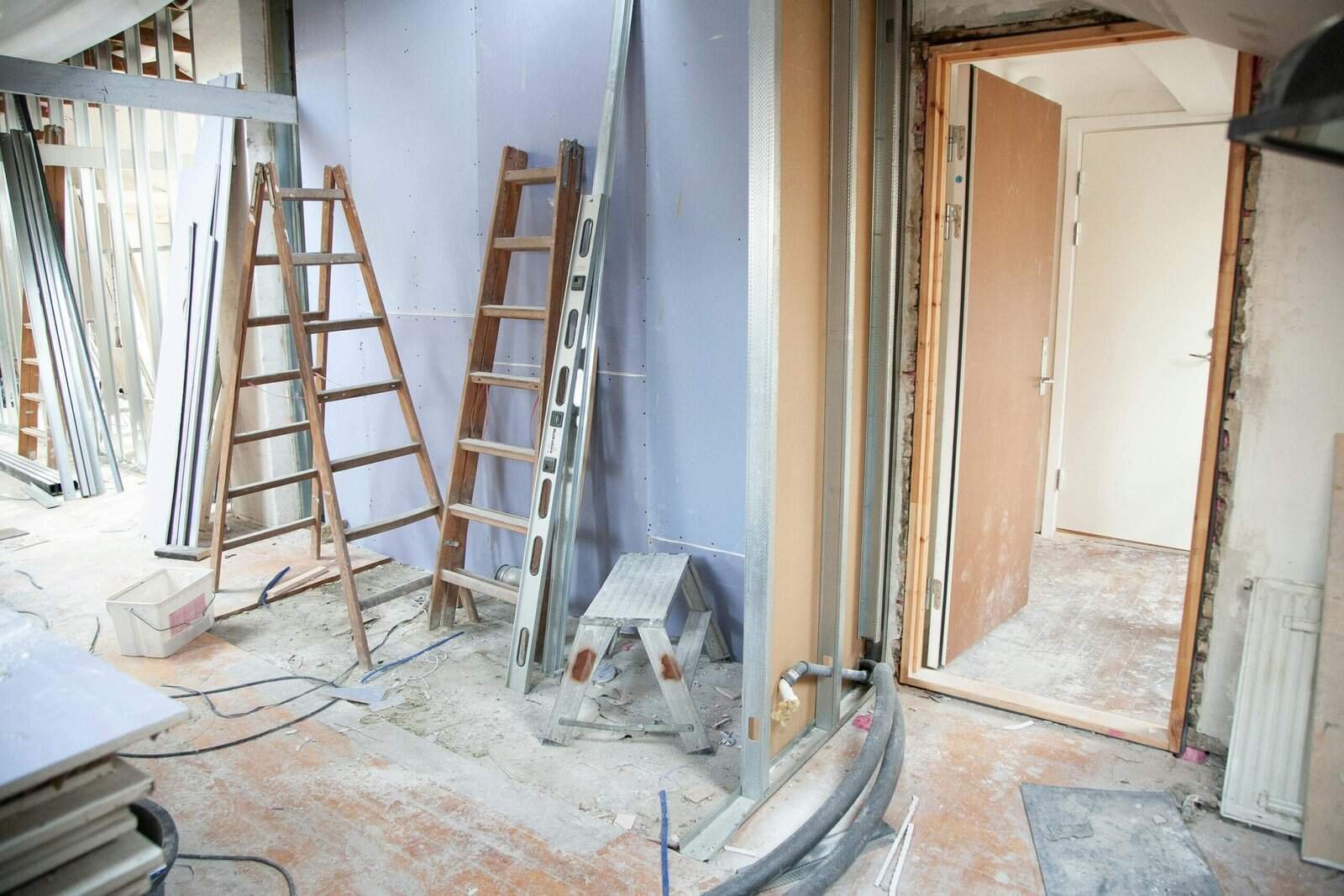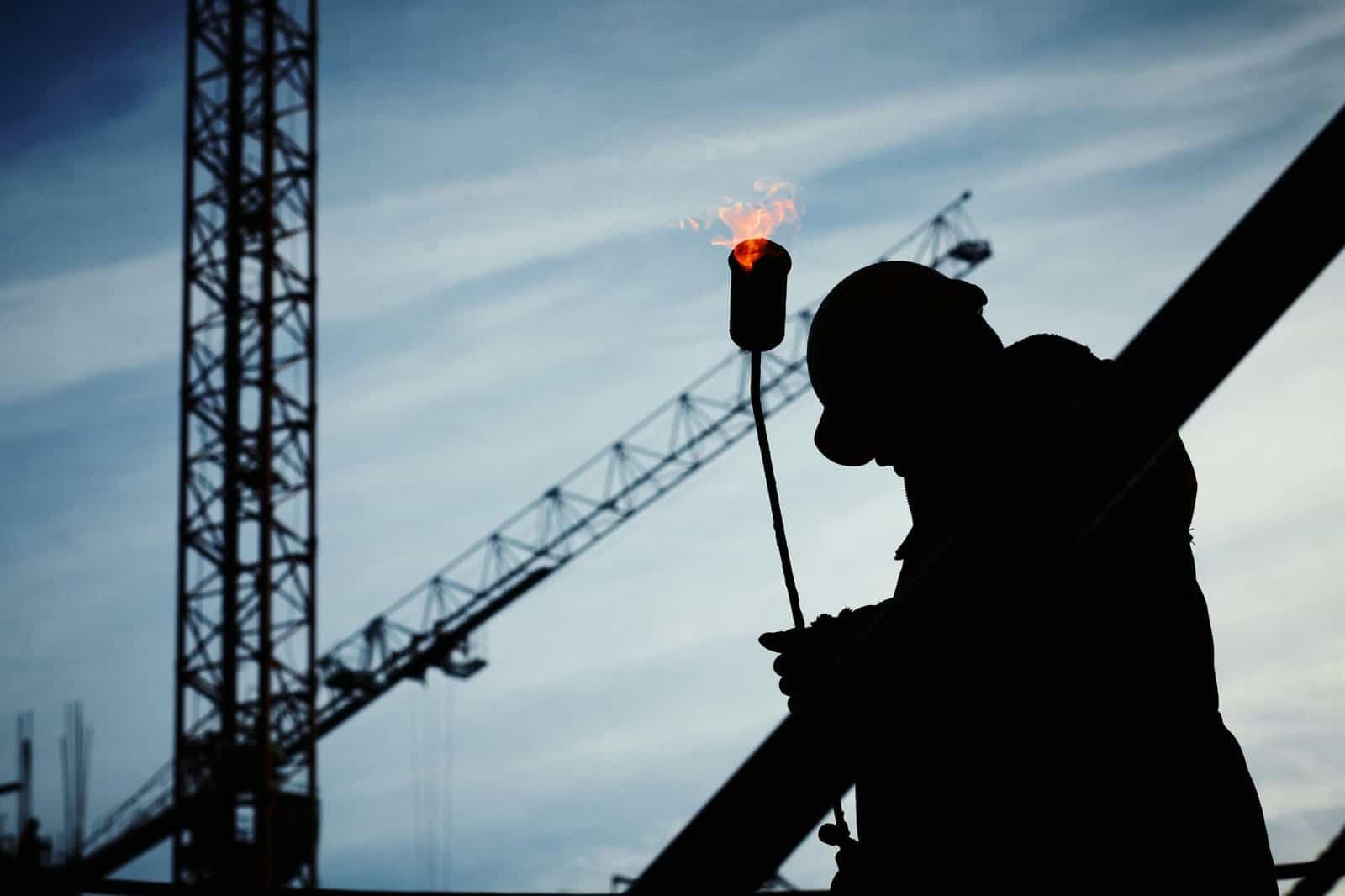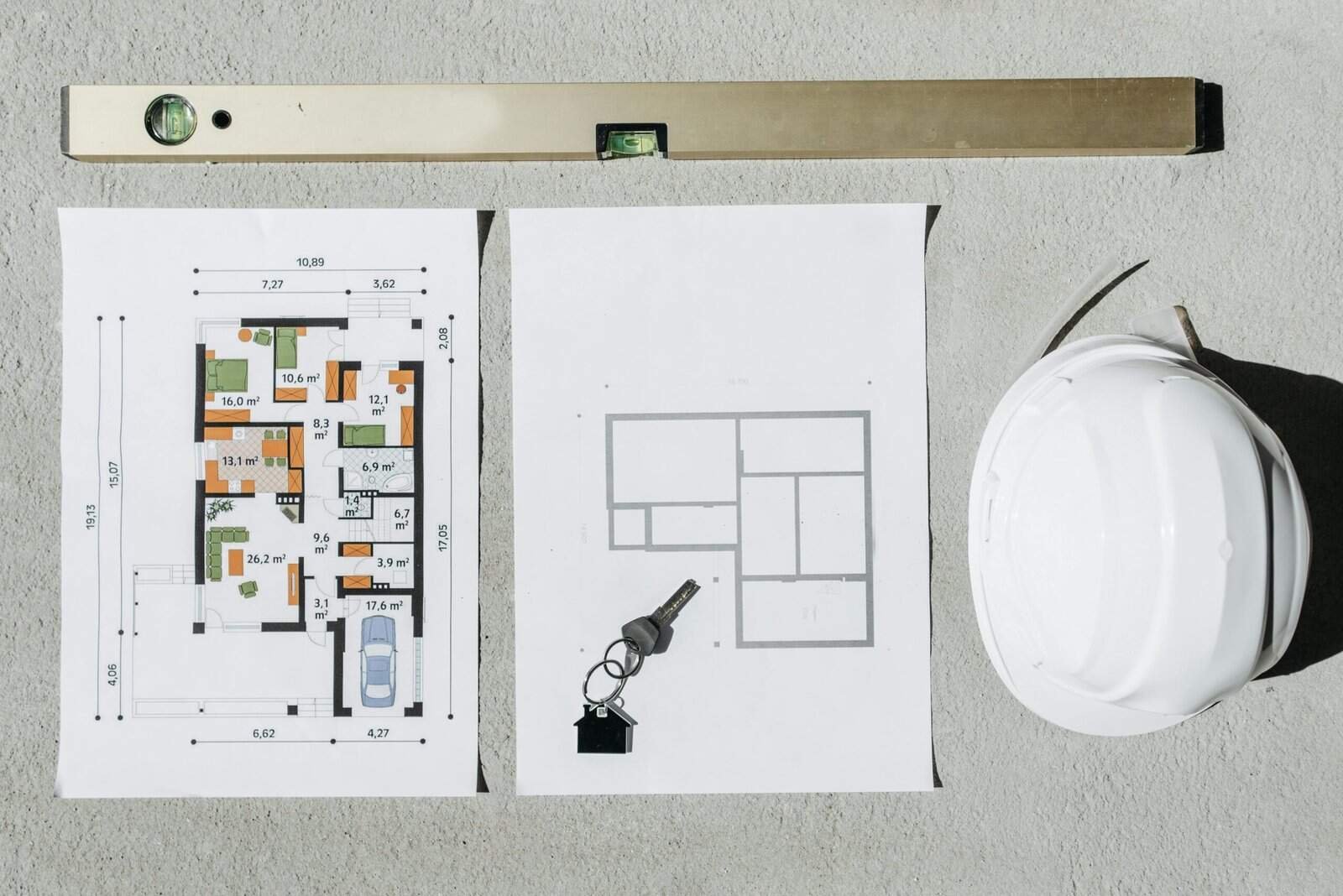How do you go about finding a licensed well contractor when you need one? It’s a question many people encounter when they require expert assistance to ensure their well is serviced or constructed properly. Locating a skilled and certified professional is crucial since your water supply significantly affects your home’s safety and your family’s health.
Why Hiring a Licensed Well Contractor Matters
Hiring a licensed well contractor is essential for several reasons. Not only does a licensed contractor possess the necessary expertise and qualifications, but they also adhere to the standards set by local authorities. This ensures that the work on your well is performed correctly and safely, mitigating the risk of future issues. Additionally, working with a licensed contractor may save you time and money in the long run, as they know how to do things right the first time.
Avoiding Costly Mistakes
Inexperienced or unlicensed contractors might offer you lower rates, but the potential risks and errors can cost you significantly more over time. Well construction or repairs done improperly can lead to expensive fixes, health hazards, and even legal consequences.
Compliance with Regulations
A licensed contractor understands the legal obligations and environmental regulations involved with well construction and maintenance. They ensure every piece of equipment and each procedure complies with local laws and regulations. This compliance is especially important if you plan to sell your property in the future, as improperly managed wells can lead to complications in real estate transactions.
Steps to Finding a Licensed Well Contractor
Finding a licensed well contractor involves some research and diligence on your part. Here are the crucial steps you should consider to ensure you choose a qualified and reputable professional.
Determine Your Well Needs
Before you start your search, it’s important to understand what kind of service your well requires. Do you need a new well drilled, or is your existing well in need of repair? Different contractors may specialize in different areas, so knowing what you need will help you narrow down your options.
Research and List Potential Contractors
Once you know what you need, begin researching potential contractors in your area. A good starting point is an online search or checking local business directories. Compile a list of contractors who appear reliable.
Check Licenses and Credentials
After compiling your list, it’s time to verify their credentials. This step is critical and should never be skipped. Not only must you ensure the contractor is licensed to perform well services in your area, but you should also check for any additional certifications or memberships in professional associations that speak to their credibility and commitment to quality work.
Example Criteria for Verification:
| Criteria | Importance |
|---|---|
| Valid License | Confirms legal authority and capability to perform the work legally. |
| Certifications | Indicates specialized training and expertise in specific areas. |
| Professional Associations | Suggests adherence to industry standards and practices. |
Read Reviews and Ask for References
Customer reviews can provide insights into a contractor’s reputation and quality of work. Look for reviews on reputable platforms and pay attention to the common threads in customer feedback. In addition to online reviews, ask the contractor for references from previous clients. This personal feedback can provide you with a realistic view of what to expect.
Obtain Multiple Quotes
Gathering estimates from several contractors allows you to compare pricing and service offerings. When evaluating these quotes, consider the details and what is included in the scope of work. The cheapest option might not be the best if it lacks essential aspects or the contractor has a poor reputation.
Ask Questions
When narrowing down your choices, engage with potential contractors by asking questions. This can include asking about their experience, past projects, and specific approaches to problem-solving. Their willingness to answer your questions transparently and thoroughly can be a significant indicator of their professionalism.

Important Questions to Ask a Well Contractor
Here are some critical questions you should consider asking to further evaluate potential contractors:
- What is your experience with projects similar to mine?
- Can you provide proof of insurance?
- What is the projected timeline for the project?
- Will you handle permits and necessary paperwork?
- How do you handle unexpected issues or setbacks?
These questions can help paint a clearer picture of how reliable and competent the contractor is.
Understanding the Well Drilling Process
To make informed decisions, it’s helpful to understand the basics of the well drilling process. While a professional will handle all the technical aspects, knowing what to expect can allow you to engage more effectively with your contractor.
Site Assessment
Before drilling begins, a site assessment is performed to determine the most suitable location for your well. This involves analyzing geological surveys, checking for utility lines and adhering to zoning laws.
Drilling and Construction
Once the site is deemed suitable, drilling commences. This stage involves using a drill rig to bore a hole into the ground. After reaching the appropriate water depth, casing materials are installed to prevent the well from collapsing and to protect the water supply from contaminants.
Testing and Completion
After the well is drilled, the water is tested for quality, and the well is sanitized. This stage ensures the water is safe for consumption and the supply is sustainable. Once completed, the contractor finalizes all installations and paperwork.
Ongoing Maintenance
Regular maintenance is key to the longevity and performance of your well. Licensed well contractors often provide maintenance services which can include periodic water testing, checking the pump system, and looking for signs of wear or damage.

Red Flags to Avoid
Working with a licensed well contractor isn’t devoid of risk, and there are certain red flags you should watch out for:
Lack of License or Insurance: If a contractor cannot provide proof of license or insurance, this is a major red flag and should be a dealbreaker.
Unwillingness to Provide References: A reputable contractor will gladly provide references and have a history of completed projects.
Vague Estimates: A good contractor should be able to provide a detailed estimate that outlines all costs involved. Vague pricing indicates incompetence or hidden charges.
Pressure Tactics: If you feel pressured to make quick decisions, it’s often a sign to look elsewhere for services.
The Role of National and State Associations
Associations can be invaluable resources in your search for a licensed well contractor. They often keep records of certified professionals and can offer recommendations based on your location and needs.
National Ground Water Association (NGWA)
The NGWA is a prominent organization in the industry, advocating for responsible groundwater use and providing certifications to well contractors, which can be a mark of credibility. Checking if your potential contractor is associated with organizations like the NGWA can provide additional peace of mind.
State-Specific Associations
Many states have their own associations which set specific standards and guidelines for contractors. These organizations also provide directories and educational resources to help consumers make informed decisions.

The Cost of Hiring a Well Contractor
Understanding the costs involved can better prepare you for engaging with contractors and budgeting your project. Prices can vary significantly based on several factors, including the complexity of the project, location, and the depth of the well.
Typical Cost Factors
Depth of Drilling: Generally, the deeper the well, the more it will cost due to additional labor and materials.
Geological Conditions: Challenging landscapes or hard bedrock can increase costs due to increased difficulty in drilling.
Equipment Quality: Higher quality equipment and materials might have a higher initial cost but could offer long-term savings by reducing maintenance and repair needs.
Cost Comparison Table
| Factor | Estimated Cost Impact |
|---|---|
| Shallow Well Drilling | Lower costs but less water |
| Deep Well Drilling | Higher costs with more sustainable water supply |
| Varied Terrain | Increase in costs due to more complex drilling |
| High-Quality Materials | Potential upfront increase; long-term savings |
Note: Always request a breakdown of costs from your chosen contractor to understand their quote in detail.
Securing Permits and Compliance
Getting proper permits is a mandatory aspect of well construction that your contractor should handle on your behalf. Ensuring that all permits are correctly secured prevents legal issues and confirms that all work meets regulatory standards.
Importance of Proper Permits
Permits ensure that your well will not negatively impact the environment or the community water levels. They guarantee legal compliance and help prevent fines or the need for costly alterations post-completion.
Contractor’s Responsibility
It is generally the responsibility of your contractor to manage the permit process. They should be familiar with local regulations and understand the steps necessary to secure all required documents. Confirming this responsibility during your initial discussions is advisable.

Conclusion: Making an Informed Decision
Choosing the right well contractor is a crucial step in maintaining the integrity and safety of your water supply. By conducting thorough research, asking the right questions, and understanding the well drilling process, you position yourself to make the best decision for your needs. Remember, the well contractor you choose will be an important partner in ensuring your water supply remains reliable and safe for years to come.
Engage with your potential contractors meaningfully and ensure they are as invested in the quality of your project as you are. Doing so will not only benefit your health and safety but will also provide you with peace of mind.
